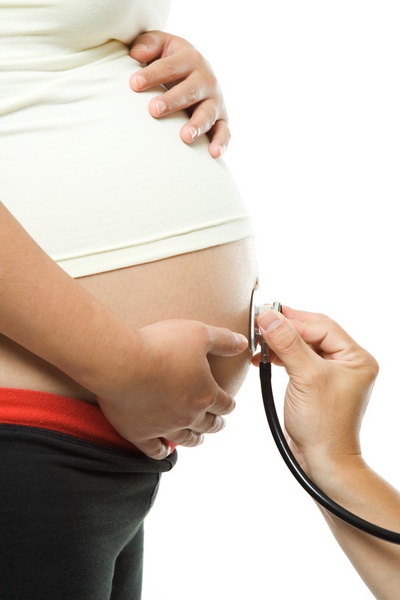What a mother eats before and during pregnancy can impact on her offspring in many ways, a University of Aberdeen researcher will tell a conference in Edinburgh today (February 7).
Early diet - even before a child is conceived - may have a role later in life in obesity, heart disease, mental health, educational achievement and economic status, Professor Paul Haggarty will say at the Improving Maternal and Infant Nutrition in Scotland: Unlocking Our Potential conference organised by NHS Health Scotland.
The Life-Long Health Theme Leader at the University of Aberdeen Rowett Institute of Nutrition and Health will discuss how the main nutritional problems in pregnancy are strongly related to deprivation status.
Breaking that deprivation cycle is one of Scotland’s big challenges, says Professor Haggarty who believes improving young women’s nutrition, particularly those who are deprived, may be one of best ways of tackling it.
"It is now accepted that giving every child the best start in life is crucial to reducing health inequalities across the life course," said Professor Haggarty.
“However the problem of deprivation is bigger in Scotland than in England. More deprivation, and even the same level of deprivation, seems to have a bigger impact on Scotland’s health.
“A healthy pregnancy may depend as much on pre-pregnancy diet and related body composition as it does on nutrients consumed during the pregnancy. So the best strategy is to improve nutritional in younger women generally, with a focus on the most deprived groups.
“One of the key challenges facing Scotland is to break the vicious cycle of deprivation which persists throughout life and across the generations.
“Recent research suggests that improvements in the early nutritional, emotional and physical environment could have long term health benefits on brain development and behaviour in later life, in ways that may help to break these vicious cycles.
“A healthy pregnancy may depend as much on pre-pregnancy diet and related body composition as it does on nutrients consumed during the pregnancy. So the best strategy is to improve nutritional in younger women generally, with a focus on the most deprived groups.”
Today’s event brings together practitioners from the NHS, local authorities and third sector who will be working together to implement the actions set out in the Improving Maternal and Infant Nutrition Framework launched by the Scottish Government in January 2011.


